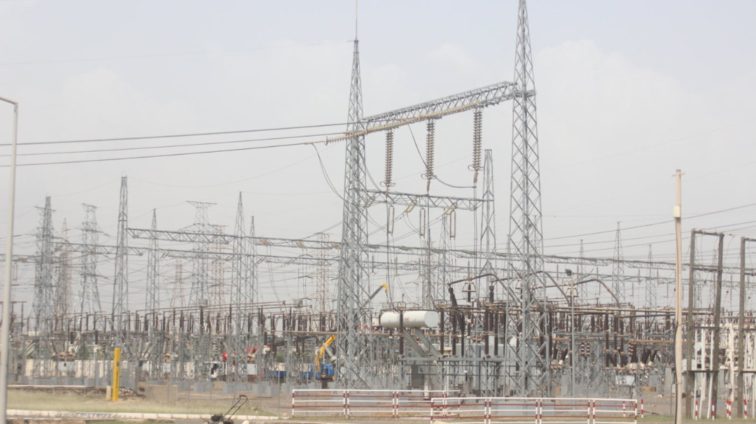World Bank (WB) Country Director to Ghana, Pierre Frank Laporte, says Ghana’s energy sector debt is a major contributor to her debt woes.
In an interview monitored by GNA, the country director indicated that his outfit had identified certain factors that were driving the country’s debt situations.
According to Mr Laporte, one of the factors the bank has identified is the energy sector.
He said the deficiencies in the sector characterised by the tariff systems and management issues coupled with expensive power purchases by the state in addition to the transmission losses, were the major problems in the energy sector driving Ghana’s debts.
He said the mismatch between the production cost of the Independent Power Producers (IPPs) vis-à-vis how much consumers paid led to an upsurge of debts since the Government could not make financial commitments to them (IPPs).
Mr Laporte also said the Power Purchasing Agreements (PPAs) the Government had signed were expensive. In addition to the exorbitant power purchases the country was paying for energy it does not use due to the ‘’take or pay contracts.’’
‘’In the case of Ghana, those contracts that have been signed as PPAs are just expensive and the kind of PPAs signed are take or pay. You pay although you do not use it. The fact is that in the past few years, Ghana entered into an agreement at the wrong rate and the wrong price, and it has impacted the debts situation.’’
He asked the Government to pursue some reforms in the areas of tariff adjustments, addressing the transmission losses through improved infrastructure and restructuring the power purchasing agreements consistent with the energy demands of the country to reduce a significant portion of the debts.
The WB Country Director acknowledged the progress made thus far via the recent increment and subsequent approval in tariff by the Public Utility Regulatory Commission (PURC), saying much could be achieved if the intended reforms in the energy sector were implemented.
He subsequently advised the Government to take advantage of the West African Power Poll, to provide cheap electricity for its people and industry.
According to the Fitch Ranks, the energy sector is the biggest driver of the national debt as the West African Country currently owes independent power producers to the tune of $1.58 billion.
Fitch Ranks also says the country had initially reached out to the IPPs to restructure their debts in view of the External and Domestic Debt Restructuring but the companies objected to the proposal.
Latest Stories
-
Growing dissatisfaction with democracy demands citizen-centered governance – Mavis Zupork Dome
2 mins -
Ghana’s Democracy: Choices, not elections will drive change – Benjamin Offei-Addo
7 mins -
PRESEC-Legon marks 86 years with launch of groundbreaking AI lab on November 30
11 mins -
Limited citizen participation threatens Ghana’s democracy – Prof. Kwesi Aning
20 mins -
Contractor storms basic school to drive out students from classroom, claiming government owes him
39 mins -
The quest for peaceful election: religious and traditional leaders should be part of election observers
46 mins -
NDC has better policies to boost economy through agricultural, oil sectors – Ato Forson
48 mins -
Yaw Ampofo Ankrah calls for Kurt Okraku and Executive Council to resign over AFCON failure
58 mins -
Coalition of teachers to boycott December election over unpaid salary arrears
1 hour -
Uphold ethics in fight against fraud – First National Bank CEO
1 hour -
CHRAJ recommends forensic audit of National Cathedral project
1 hour -
I cried every three days at the beginning of my career – Gyakie
1 hour -
#ChoosePeaceGh Campaign: JoyNews partners Catholic Relief Services beyond 2024 December 7 Elections
1 hour -
CHRAJ report scratched the surface on “the double identity” of Rev. Kusi Boateng – Ablakwa
2 hours -
Elections: Akufo-Addo calls for unified front to combat political instability
2 hours

